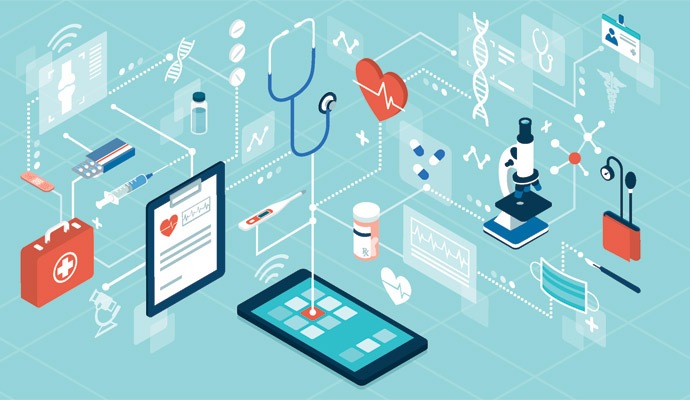Mayo Clinic, Mercy Launch Data Science Collab to Transform Patient Care
Mayo Clinic and Mercy have announced a 10-year collaboration using data science to find diseases earlier and start patients on the path to better health quicker.

Source: Getty Images
- Mayo Clinic and Mercy announced a 10-year partnership focused on using data science and deidentified patient outcomes to determine effective disease prevention and treatment.
As part of the collaboration, the two health systems will pull more than a decade’s worth of deidentified clinical data and treatment outcomes from integrated EHRs. Until now, this information was too unstructured and complex to analyze, according to the press release.
However, access to a combination of privacy-protected, cloud-based technology architecture, and growing artificial intelligence and machine learning capabilities, now allows researchers to use these aggregated data to generate patterns that can help pinpoint disease and identify best treatment options earlier.
“We have a unique opportunity today to transform mountains of clinical experience into actionable information that optimizes patient care,” said John Mohart, MD, a cardiologist and president of Mercy communities, leading operations for all Mercy hospitals, in the press release.
“This gives physicians, providers and operational leaders critical information that can ensure patients receive the right treatment at the right time based on millions of previous patient outcomes, while simultaneously improving operational efficiencies and lowering costs,” Mohart continued. “We believe bringing technology and data science to the bedside can provide better patient care, shorter hospital stays and overall better health for people everywhere.”
The partnership is designed to play to each health system’s strengths: Mayo Clinic’s expertise in highly complex care and extensive investment in data science platforms, and Mercy’s long history of innovative care delivery in diverse communities. Mercy also has access to a vast network of clinic information, including over 500 million deidentified patient encounters.
This combination of experience is set to provide the collaboration with opportunities to develop high-value solutions and algorithms to optimize care for patients, the organizations said. The two systems’ different patient populations and geographic locations are also being leveraged to improve accuracy, reduce model bias, and create more diverse, and therefore stronger, treatment recommendations for patients, the press release stated.
Initially, the partnership will focus on improving patient outcomes through two lenses: information collaboration and solution and algorithm development and validation. All data being used under this collaboration are deidentified and secured in a distributed data network, which allows Mayo and Mercy to work with an extensive dataset without extracting or transferring data between organizations.
Each health system will reportedly retain control over its deidentified outcomes throughout the process. This information will then be used to help scientists analyze patterns of effective disease treatment and disease prevention in new ways based upon longitudinal data review over an extended period.
These insights, in turn, will be used to create algorithms that can guide proven treatment paths, representing what the press release calls “the next generation of proactive and predictive medicine,” which can be used by providers worldwide to access best practices in medical care.
“This unique collaboration will eliminate the barriers to innovation in health care by bringing together data and human expertise through a new way of working together,” John Halamka, MD, an emergency medicine physician and president of Mayo Clinic Platform, stated publicly. “By working together, we will be able to find the best paths for treatment and diagnosis to benefit patients everywhere. Our union has the potential to transform medicine worldwide.”
